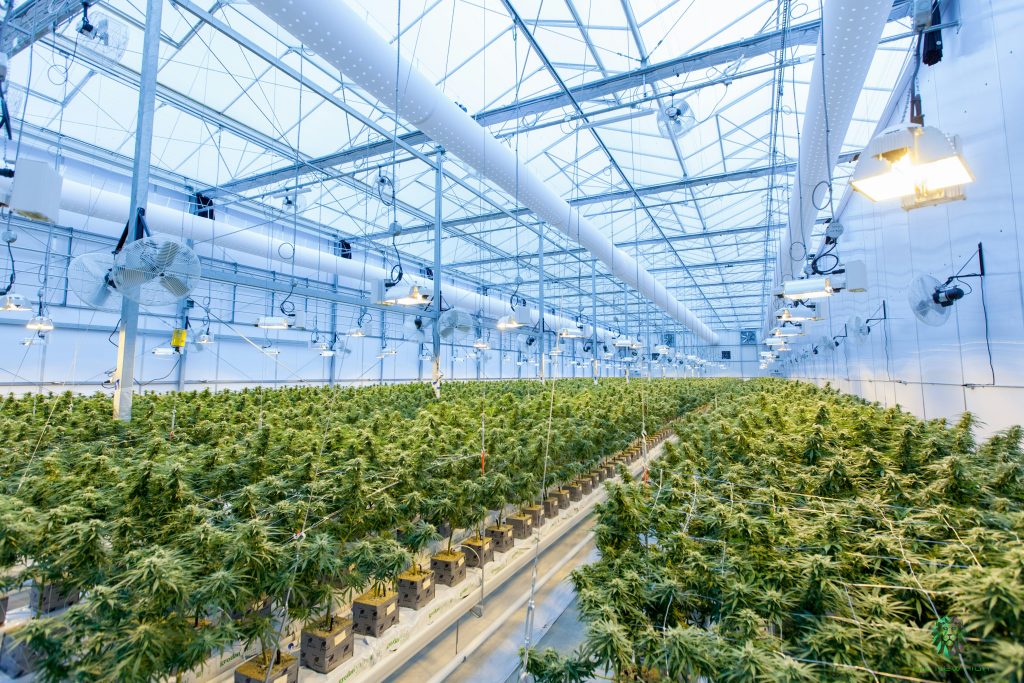Growing your own cannabis can be as satisfying as it is rewarding, especially here in beautiful Colorado, but how can you make your green thumb even greener? For cannabis enthusiasts and personal growers alike, the shift toward organic practices is more than a trend – it’s a commitment to quality, health, and the environment.
As cultivation methods evolved, so did the reliance on chemical fertilizers, pesticides, and unsustainable practices. Today, we have the chance to turn it all around and embrace methods that honor the earth and the inherent potency of cannabis. In this blog, we’ll dig up the knowledge and techniques you need to cultivate cannabis in harmony with nature.
Understanding Organic Cannabis Cultivation
Growing cannabis organically is all about understanding the relationship between the earth, the plant, and the cultivation process that brings out the best in both. Organic cultivation means nurturing your plant in living soil, where natural processes and beneficial organisms work together to feed and protect your cannabis, avoiding synthetic fertilizers and pesticides.
By choosing organic methods, you’re making sure your cannabis is free from harmful chemicals and enhancing its quality. Think about it – the same principles that apply to the organic food you prefer for its health benefits also apply to cannabis. These methods can lead to higher-quality buds with improved flavor profiles and potency, all while supporting the well-being of your plant and yourself.
The Essentials of Organic Cannabis Cultivation
The journey to lush, vibrant cannabis plants starts with understanding the four foundational elements: soil, water, air, and light.
- Soil: Think of your soil as the kitchen for your cannabis plants. Preparing your soil with organic matter, such as compost, worm castings, and other natural fertilizers, turns it into a gourmet buffet for your plants, offering them all the nutrients they need to grow strong and healthy.
- Water: The quality of water you use is like the quality of water you’d want to drink: clean, pure, and life-sustaining. However, clean water is half of the story. Organic cultivation includes water conservation practices.This includes rainwater harvesting or drip irrigation, ensuring your plants stay hydrated without wasting water. Happy plants are hydrated plants, but they don’t like to be waterlogged.
- Light: Sunlight is the best recipe for cannabis, providing a spectrum of light perfect for photosynthesis. Maximize outdoor light by choosing the right spot where your plants can bask in the sun’s glory all day.For indoor plants, mimic the sun’s embrace with energy-efficient artificial lighting, like LED or full-spectrum lights, to be kind to your plants, the environment, and your energy bill.
- Air: Fresh air and proper circulation help plants get access to carbon dioxide for photosynthesis and prevent mold and pest infestations. Strategic placement of fans in an indoor setup or an open, breezy area outdoors will do the trick.
Organic Nutrition and Pest Management
Once you’ve mastered the four elements of organic growing practices, it’s time to turn your attention to nutrition and pest management. These practices will help your plants prosper and protect them without introducing nasty chemicals. Let’s get into the best that Mother Nature has to offer.
Natural Fertilizers and Nutrients
The secret to bright, blooming cannabis plants is the rich, organic material you feed them. From bone meal and fish emulsion to bat guano and seaweed extracts, natural fertilizers provide a smorgasbord of nutrients. Each type brings its own blend of nitrogen, phosphorus, potassium, and trace minerals to the table, catering to the different stages of your plant’s growth cycle.

Composting
If composting were a cooking technique, it would be slow roasting, transforming kitchen scraps and yard waste into nutrient-rich plant material.
This homemade concoction is like a superfood smoothie for your plants, teeming with beneficial microorganisms that enhance soil health and fertility. Getting your hands dirty with composting boosts your plants and reduces waste – double win!
Integrated Pest Management (IPM)
IPM is like a holistic health plan, using a combination of techniques to prevent pest invasions before they become a problem. This includes introducing natural predators, like ladybugs and praying mantises, who are more than happy to feast on common pests. Organic pesticides, such as neem oil and diatomaceous earth, act as a gentle nudge rather than a knockout punch, targeting pests without harming beneficial insects or the environment.
DIY Organic Pest Control Solutions
Sometimes, the best solutions are homemade, and you probably already have them in your house! Garlic spray, chili pepper sprays, and soap sprays are the DIY heroes of organic pest control, offering effective, non-toxic ways to keep pests in check.
Roots Rx Cannabis Dispensaries Near Me — Helping Canna-Enthusiasts Harness the Power of Nature
Remember, organic cultivation is all about harnessing the power of nature to let it do what it does best. As you step into your garden, balcony, or grow room, know that you’re part of a global community of growers dedicated to bringing the art of organic cultivation to life. Together, we’ll grow green plants and a greener future.
Want to learn more about the intersection between nature and cannabis? Check out our previous blog!
*The contents of this blog are intended for informational purposes only. Always seek the advice of a physician or other qualified healthcare provider with any questions you may have regarding a medical condition.*


